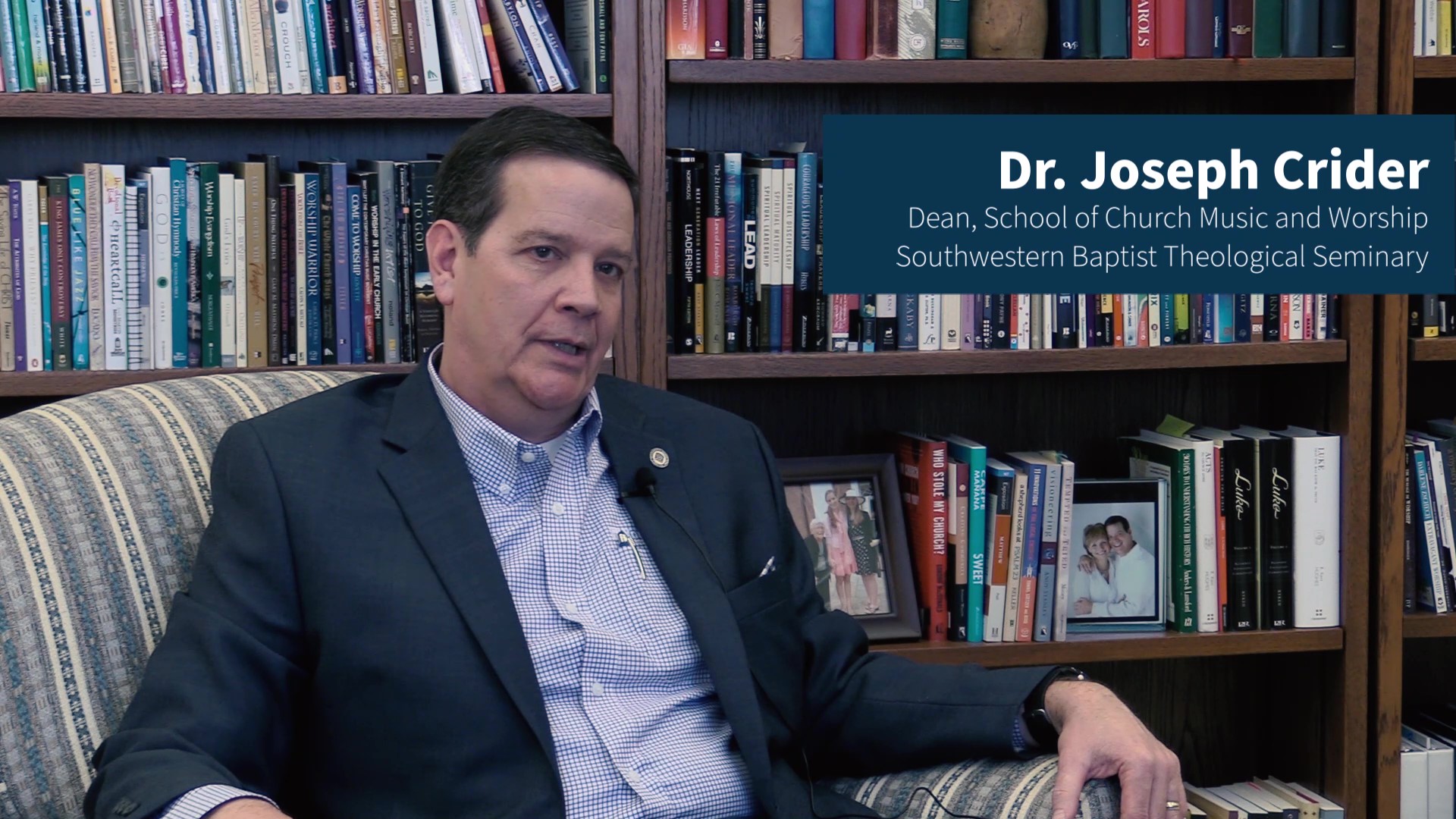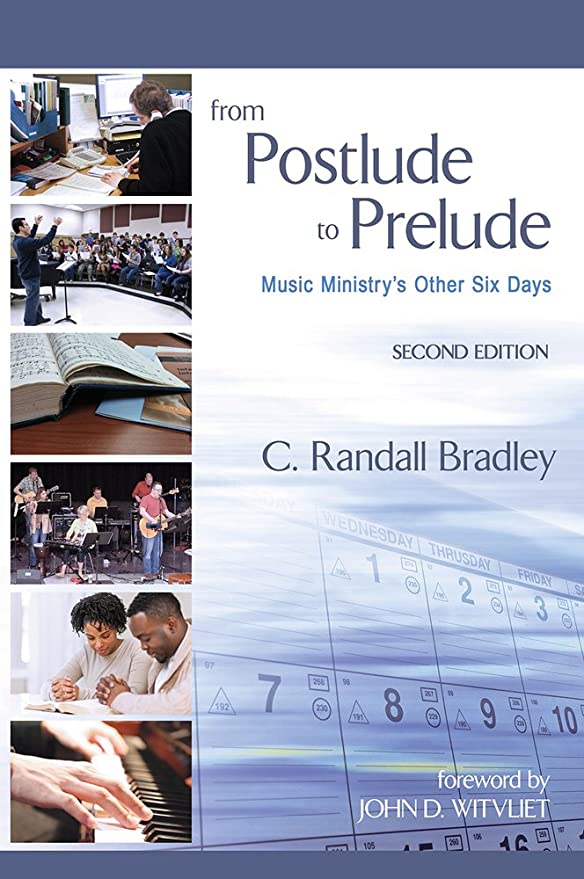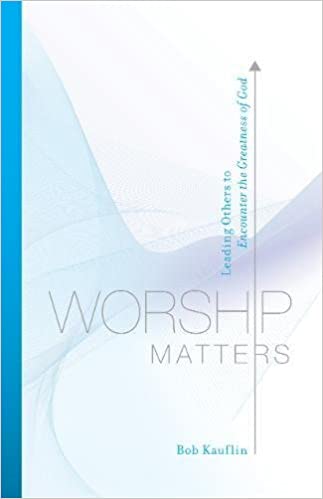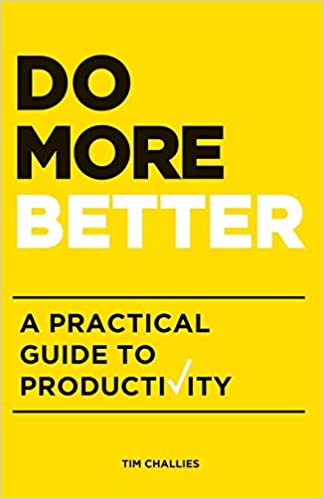Leadership
LEADERSHIP
Local church worship and music ministry requires personal character qualities, leadership skills, and practical administrative tools. Below, you will find carefully curated collection of leadership resources and tips.
Calling
God uses three primary means to determine his calling for us. First, he uses abilities and desires. The natural abilities God has given you as well as desires he has put into your heart can be ways God shows you how he wants you to serve him with your life. This doesn’t mean what God wants you to do will never be difficult for you or something you don’t want to it; it often will be. But God often providentially equips us ahead of time for what he wants us to do, and we need to be ready to recognize when he does. If God has given you natural abilities in music or math or writing or talking, for example, then you should be at least open to the possibility that he wants you to do something with those abilities
Second, God uses opportunities and training to further reveal his call for us. Beyond just the natural abilities he gives us, God will often put various opportunities in our paths that will further equip us for what he wants us to do. Often we will have to go out of our way to pursue those opportunities, but God will ultimately give them to us. This also means that we cannot just rely on natural abilities to accomplish God’s calling for us. God has provided us with schools and books and training and lessons all for the purpose of developing our skills for his service in the professions to which he calls us.
Third, God uses affirmation from others as a way to confirm his call on our lives. This is why we need parents and teachers and pastors and others we respect in our lives. These people can often recognize God’s call on our lives when we might not immediately. And, by the way, there’s no such thing as one call from God that never changes. Each one of us has several callings of God for our lives, and God can change what he wants us to do.
What Paul says to bondservants in verse 22 of Colossians 3 can equally apply to you no matter what your calling.
First, Paul says, “obey in everything those who are your earthly masters.” In other words, fulfill the responsibilities given to you in whatever calling you find yourself. Sometimes those responsibilities are clearly defined and given to you by an earthly master, other times you have a more general picture of what needs to get done and it’s up to you to define the specific duties. Either way, when you simply do your job, you are serving the Lord Christ.
And even if you’re the one defining the responsibilities, don’t forget as Paul says in 4:1, even you have a boss, your master in heaven.
But if Paul can tell bondservants to serve the Lord Christ through obeying their masters, then surely it is true for us that we should serve the Lord Christ even when working under an unreasonable or unfair boss. And when we do our job, when we submit to our authorities, when we fulfill the responsibilities required of us, even if they seem mundane and the very antithesis of spiritual, we are serving the Lord Christ.
But the motivation for fulfilling your responsibilities also matters: don’t do your job by way of eye-service, as people-pleasers. If that’s why you’re doing what you’re supposed to do, then you aren’t serving the Lord Christ, you are serving yourself. No, do your job with sincerity of heart. Do it because it’s right. Do it out of a desire to serve others. Do your job, whatever that might be, ultimately out of fear of the Lord. And if you’re working for the Lord and not ultimately for people, then you’re not just going to do the minimum to fulfill your requirements, you’re going to go above and beyond to do the best job possible.
And that leads to the second point Paul makes in verse 23: “Whatever you do, work heartily”—not half-heartedly, not just doing the minimum; work heartily. Why? Because you’re doing it for the Lord and not for men.
Because ultimately, if you are doing what you do for human approval or accolades or rewards, remember what Jesus said? He said, if you practice righteousness before other people in order to be seen by them, then you’ve received all the reward you’ll ever get—you will have no reward from your Father who is in heaven (Matt 6:1–2).
In whatever we do in our earthly vocations, we need to always remember as Paul reminds us in verse 24, that it is from the Lord that we will receive the inheritance as our reward. The word “receive” here has the idea of receiving what is due and receiving it in full. This can be great comfort and encouragement to us in our vocations. Ultimately, you are not working for people; you are serving the Lord Christ! And one day he will give you your fitting and full reward, a place of honor in his sight.
Tips for Getting a Worship Ministry Job
Qualities of a Worship Leader
As worship leaders we sometimes don’t consider evaluating our own leadership until we receive complaints about something we are or aren’t doing or singing. Consequently, when those criticisms occur our responses are usually defensive rather than corrective.
Self-evaluation is preventive and proactive rather than defensive and reactive. So in order to avert or deter an unfavorable assessment from others, we should first ask some hard questions of ourselves. The following list of self-evaluation questions is not an exhaustive one but hopefully a place to begin.
by Joe Crider
Here are just three of many possible answers from 1 Peter 5:1-6.
- Worship leaders should look like shepherds. Peter was clear in his charge: “Shepherd God’s flock among you” (1 Peter 5:2) Notice the emphasis isn’t on the public persona of the leader. Peter’s care and concern is not on outward appearance. In fact, the focus isn’t on the leader. The emphasis is on the people who are to be shepherded. Our hair style is not our ministry. Clothes are not the ministry. Music is not the ministry, and the worship service itself is not even the ministry. The people are the ministry. If we care more about how we look or we find ourselves fretting over a coolness factor in our appearance more than caring for and serving the people God has entrusted us to shepherd, we’ve missed the mark.
- Worship leaders should lead “. . . according to God” (1 Peter 5:2) In his book, For the Glory of God, Dan Block says that means “according to the standard by which God shepherds.” Frankly, that’s a pretty tall order. We tend to view of Psalm 23 from a narrow lens of how Jesus shepherds us. How often do we look at it as a model for how we are to shepherd our people? In that most famous of Psalms, we see the shepherd leading, nourishing, renewing, and comforting. Those characteristics seem to me to be very intentional. They don’t happen because a worship leader looks cool. Those shepherding actions happen because there is a clear understanding they’ve been called to lead like the divine Shepherd, and everything the true Shepherd did was for the sake of others. We lead not out of concern for what people think of us (am I cool enough?), but out of a desire to serve and shepherd them toward Christ and His gospel.
- Worship leaders should “clothe themselves with humility.” (1 Peter 5:5). Consider the perfection of the heavenly beings worshiping around the throne at this very minute. They worship in perfect humility. What a contrast to the way I often stand up to lead. In a recent lecture lunch we hosted for our worship students, Pastor Steve Hussung said, “I’m constantly amazed at how prideful I can be over so little. When our own glory is our aim,” continued Hussung, “we falter because we aren’t glorious.” There is nothing worthy of recognition about us…especially when we lead worship. Any desire for personal glory weighs like a heavy burden. And that self-imposed, insatiable burden for glory causes us to lie about ourselves, making us seem better to others than we really are. The lack of humility leads us to be more concerned about what others think of us rather than what they think of Jesus.
- Are the services I plan and lead usually easy to follow or are they more often disorganized and disjointed?
- Am I planning worship each week for the congregation I’ve been called to lead or one I wish I had been called to lead?
- Are my verbal instructions and transitions ad-libbed and verbose or prepared and succinct?
- Am I encouraging passive worshipers by leading worship for them instead of with them?
- Do the people I put on the platform adequately represent the cultural, generational and spiritual characteristics of our congregation?
- Is my primary consideration for selecting worship team members musical or spiritual?
- Are the songs I lead on the platform evident in the life I lead off the platform?
- Am I selecting or not selecting songs and styles just because I personally like or don’t like them?
- Do I select song keys to intentionally encourage congregational participation or just to complement my own vocal range?
- Are the songs I select theologically sound and biblically accurate?
- Are any of my artistic, visual, verbal or musical expressions contrived or distracting?
- Do I convey that worship starts and stops with our opening and closing songs?
- Do I begin worship planning each week with song titles or Scripture and prayer?
- Besides the latest songs, am I learning anything new?
- Since Sunday isn’t usually a Sabbath for me, when am I taking one?
- Do I ask how something might impact my family before asking how it might impact my worship leading?
- Have I surrounded myself with those who can protect me from my own stupidity?
- Am I spending a lot of time worshiping privately before leading worship publicly?
- Does always highlighting my playing and singing sometimes imply I don’t really care whether the congregation is singing or not?
- Do I wake up every morning feeling unqualified in my own power to do what God has called me to do?
- Am I taking care of myself spiritually, emotionally, physically and relationally?
- Have I gotten in the habit of using worship service prayer as a segue for musical elements instead of a divine conversation?
- Do I ever welcome divine interruptions in my service planning and leading?
- Am I casting vision for the future without denigrating the past?
- Do I determine the worship language of my congregations based on how I might appear to my worship leading friends?
- Am I able to worship when I’m not the primary leader?
- Is worship leading a calling for me or just convenient?
- Am I leading worship just because I don’t know how to do anything else?
- Am I making a conscious effort to pour into younger leaders or am I just trying to protect my territory?
- Am I threatened when someone on the team plays or sings better than I do?
- Am I depending on my musical skills alone to do what it’s only possible for God to do?
- Do I act like a gatekeeper by holding my congregation captive to my favorite worship styles and musical preferences?
- Does it seem like the services I plan tend to place more focus on the creative or the Creator?
- Am I spending more of my time developing my musical skills or my relationship skills?
- Do I find myself coasting or faking it more and more often?
- Am I approachable, available and accountable?
- Am I more concerned with playing right notes than having right relationships?
- Does it seem like I’m more of a cheerleader than a worship leader?
- Is it evident from my worship responses that I’m no longer amazed by God’s revelation?
- Does my leading lean toward manipulation instead of exhortation?
- Do I always seem to disappear when it’s time to set up or tear down?
- Am I showing up to rehearsals unprepared?
- Do I treat the worship team like backup musicians?
- Do I ever use my artistry and busyness as an excuse for laziness and lateness?
- Am I coasting at the first of the week causing me to scramble at the end of the week?
- Is the worship I’m leading challenging our congregation to be doers or just hearers?
- Am I regularly praying for and with those I lead?
- Are the songs I’m selecting giving our congregation an opportunity for celebration and contemplation?
- Do I offer a healthy balance of both familiar and new songs?
- Is it evident to others that I’m as much of a worship leader on Monday as I was on Sunday?
For many leading the small group worship gatherings, questions might arise such as, “What do I say?” “How do we transition from one aspect of our worship to another?” “Without an order of worship, how do we know what to do?” We would encourage those facilitating the gathering (who might be treading new territory) to simply let the Word of God guide you through the worship. Here are some important things to remember:
- Worship is like a rhythm … God revealing, his people responding.
- In Christian worship, believers don’t respond to songs, or music, or a leader—we respond to God as he reveals himself through his Word by the power of the Holy Spirit. The Word does not return void!
- God gave us the gift of music to unite our voices as one voice to praise our glorious God. But music is limited in its power to unite us. What truly unites us is the Word of God through the Spirit of God, that’s why the Scriptures are so important during the corporate gathering—even before the message!
- Our access to God the Father in worship isn’t made possible by any means other than the completed work of Jesus Christ through the power of the gospel. Jesus is our worship leader! (Heb. 2:12). Take heart! He will lead by the Spirit in your living room as you gather with others to worship.
- Jesus is both the object and the means of our worship. We don’t gain access to God through an amazing band, an energetic worship leader, a stellar choir and orchestra, or our favorite style of music! Self-actuated worship is no more possible than self-actuated salvation. We are saved by grace and we worship by grace!
- We can do nothing apart from the work of the Holy Spirit. Ask the Holy Spirit to guide and direct every aspect of your small group gathering.
Policies and Procedures
Here are some sample ministry policies documents:
Further Reading
Leadership Q&A with Joe Crider

Budget
by Robert Pendergraft
Budgets, better than any other indicator, communicate the priorities of the church. Here are a few guiding principles for the minister of music who is working with those preparing the budget.
The budget should reflect a realistic appraisal of needs and plan for some unexpected expenditures.
A budget is not a wish list, nor should it be an exercise in creativity. As servants called to a congregation and entrusted by the congregation with their tithes, we must be good stewards of the resources. Every ministry area could benefit by having additional funds available, but in lean financial times each person should work to keep expenditures down. Keeping expenditures down, however, is not the same as ill equipping ministries. We should honestly evaluate needs, and the church should support the needs of the ministries through the budget.
The budget should include all foreseeable expenditures of the following year.
Often we are so busy with ministry that we do not thoughtfully and meticulously anticipate every expense for the coming year. Often forgotten large expenditures are instrument maintenance and equipment replacement. Our instruments must be maintained to support our ministries. Instrument maintenance looks different in churches with varying ensembles accompanying worship, but even if you are not tuning pianos, servicing pipe organs, or refurbishing handbells, you likely are replacing drum heads, instrument cables, and even the instruments themselves. The advent of amplification and projection has brought about other needs for which we must be vigilant. Just as computers and home electronics are replaced every 4-6 years, so too are components of the sound system, microphones, projectors, and computers in the church. It is inexcusable for maintenance and replacement to be a surprise; they must be planned expenditures.
Allow a nominal spending cushion in each of your budget lines.
No matter how carefully you plan, something will alter than plan. The cost of things is constantly increasing, and every year something will break unexpectedly. Given these two truths, plan to have excess in each of your budget lines. At the end of the year, each line should have between 10-15% remaining. This allows you to cover needs without requesting additional funding that likely will not be available.
The music ministry is vital to the church.
If you do not believe that statement, neither will your congregation or the budget committee. We must constantly communicate to the congregation why the music ministry is necessary. When a body views a ministry as important they will support that ministry. Conversely, if there are areas of our ministry that are insignificant, we should consider abandoning them and freeing resources for those things that are truly significant.
As a vocational minister than covenants to serve the local church, the local church reciprocally has covenanted to meet the needs of your family.
As a vocational minister, the church has covenanted to provide for your family. Even when money is tight, the church should provide for your family. Be willing to work with the church on creative ways this might take place if the church is having financial difficulties. We should not expect lavish lifestyles; however, the expectation of basic needs being met is reasonable.



